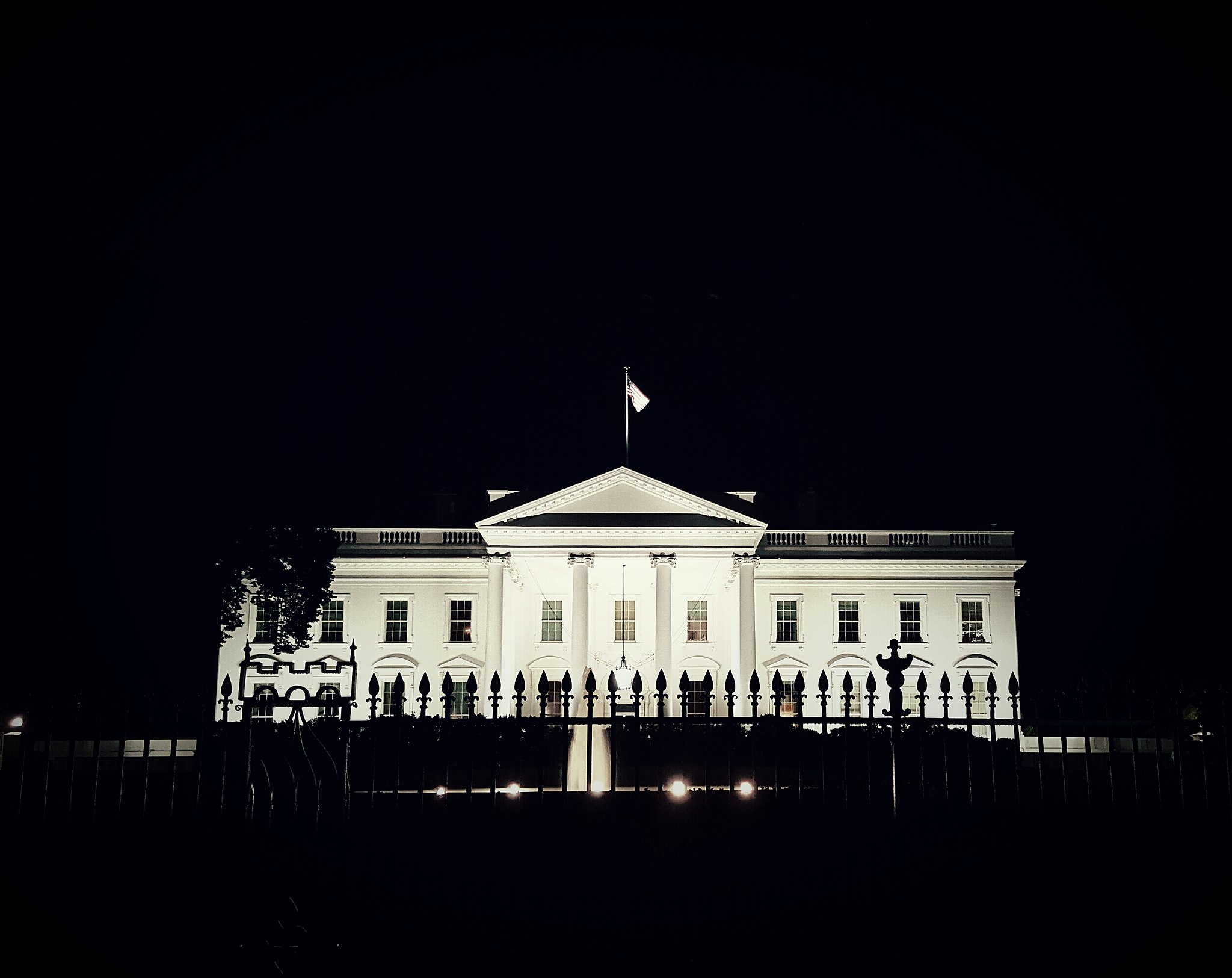Seven National Security and Executive Power Questions for Donald Trump
The first of the presidential debates takes place tomorrow evening.
Last week, I found myself in Las Vegas, giving a pair of addresses on the election, national security, and the challenge of Donald Trump. Giving these presentations, along with the questions in response to them from students both at an event at the UNLV law school and at an undergraduate journalism class, crystalized for me seven questions I would love to see Trump asked in a debate setting:
Published by The Lawfare Institute
in Cooperation With

The first of the presidential debates takes place tomorrow evening.
Last week, I found myself in Las Vegas, giving a pair of addresses on the election, national security, and the challenge of Donald Trump. Giving these presentations, along with the questions in response to them from students both at an event at the UNLV law school and at an undergraduate journalism class, crystalized for me seven questions I would love to see Trump asked in a debate setting:
- You have promised to authorize interrogation tactics far harsher than waterboarding and to target terrorists’ families. Such acts would be war crimes. Are you in favor of United States forces committing war crimes?
- You have talked openly about taking legal action against those who oppose you politically: suing the New York Times over critical coverage and commentary, for example, and suggesting that you might go after Amazon.com on tax and antitrust grounds because of coverage of you in the Washington Post—which is owned by Amazon.com founder Jeff Bezos. When, if ever, is it appropriate in your view for the President of the United States to take or threaten legal action against political critics? And when, if ever, is it appropriate for the President to use the powers of the state to do so?
- Most Americans think of Vladimir Putin’s Russia as an adversary nation. But you have repeatedly praised Putin, with whom some of your current and former advisers and campaign aides have ties. You have threatened not to honor US treaty commitments to countries on Russia’s border and to NATO allies more generally—which depend on the US for protection from Russia. You have done business with Russian oligarchs in the past. And you have encouraged Russian hacking of the Democratic Party. What do you say to people who worry that when it comes to Putin, you are not your own man?
- You have said that you want to be unpredictable in your behavior so that foreign adversaries don’t know what to expect from you. For many people, however, your erratic behavior and comments raise serious questions about whether you are emotionally stable enough to make foreign policy and national security judgment calls on behalf of the most powerful country and military in the world. Is your mental health up to the job of having your finger on the nuclear button and having the authority to order US troops into action?
- You have advocated extensive profiling of Muslim Americans, investigating Muslim communities and institutions, and banning Muslims from coming to the United States. The so-called Levi Guidelines, which regulate the FBI’s opening of investigations say: “These Guidelines do not authorize investigating or collecting or maintaining information on United States persons solely for the purpose of monitoring activities protected by the First Amendment or the lawful exercise of other rights secured by the Constitution or laws of the United States.” Do you believe in changing these guidelines and investigating people because of their religious views? If so, how do you advocate changing them?
- Both President Obama and President George W. Bush before him stressed that the United States is not at war with Islam. You, however, have described the threat facing the United States as “the hateful ideology of Radical Islam.” Do you believe America is or should be at war with the Islamic world? And how do you distinguish between "the hateful ideology of Radical Islam" and the part of the Islam, if any, with which you don't have a problem?
- The nation’s intelligence priorities are the President’s alone to decide. Your foreign policy views depart in significant respects from the broad bipartisan consensus about what threatens the United States. You seem, for example, unafraid of Putin and Kim Jong Un and unworried about nuclear proliferation among countries that now rely on the United States for protection. On the other hand, you repeatedly raise concerns about Mexican civilians, Syrian refugees, NATO allies who don’t pay their dues, and many of our trading partners. How would you change America’s intelligence gathering priorities? And given your concern with the way you believe American companies are being taken advantage of by foreign actors, would you jettison the long-standing U.S. commitment to not using the intelligence apparatus to advantage specific U.S. firms—particularly your own business interests—at the expense of foreign competitors?





